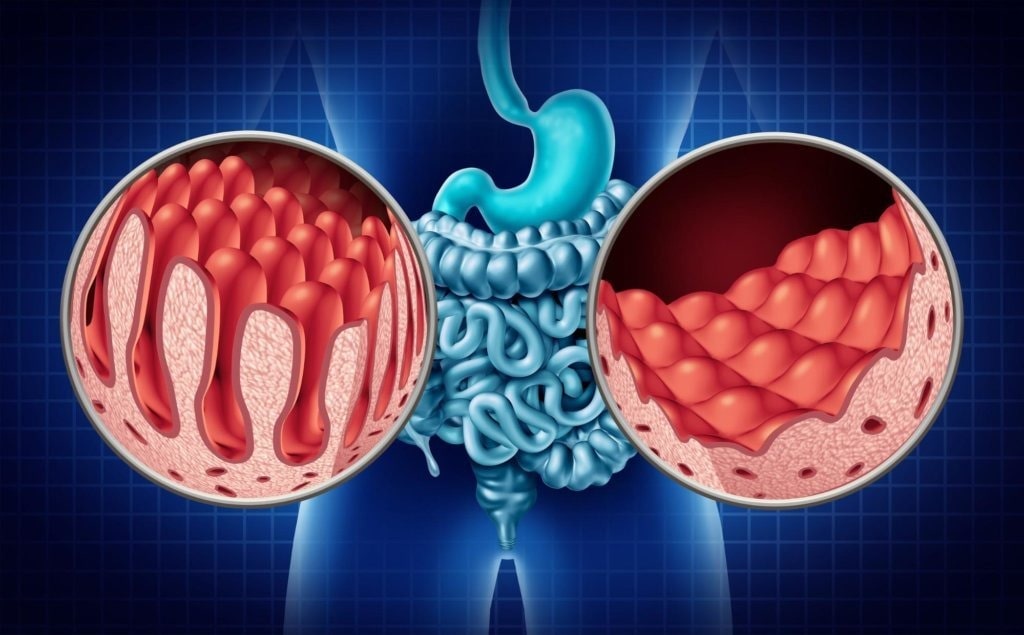Celiac disease is an autoimmune disorder triggered by gluten, a protein found in wheat, barley, and rye. When individuals with celiac disease consume gluten, their immune system mistakenly attacks the small intestine, leading to inflammation and damage to the intestinal villi—tiny, finger-like projections lining the small intestine. This damage impairs nutrient absorption and can lead to various complications if untreated.
The pathophysiology of celiac disease involves both genetic and environmental factors. Genetically, individuals with certain alleles of the human leukocyte antigen (HLA), particularly HLA-DQ2 and HLA-DQ8, have an increased susceptibility to the disease. Upon gluten exposure, the immune system inappropriately activates T cells in the small intestine, producing an inflammatory response. This response leads to the destruction of villi, a process known as villous atrophy, which reduces the surface area available for nutrient absorption. Over time, this can lead to malnutrition, anemia, osteoporosis, and other health issues.
In terms of incidence, celiac disease affects roughly 1% of the global population, although it is more commonly diagnosed in Western countries. It is particularly prevalent in individuals of European descent. Improved awareness and diagnostic methods have led to an increase in diagnosis rates, although many cases remain undiagnosed or misdiagnosed as other gastrointestinal disorders, such as irritable bowel syndrome (IBS). Celiac disease can develop at any age but often appears in childhood or early adulthood.
Managing celiac disease primarily involves a strict, lifelong gluten-free diet, which can prevent further intestinal damage and alleviate symptoms. Early diagnosis and dietary adherence are essential to avoiding complications and improving quality of life for those affected. Research continues to explore alternative treatments and a potential cure, but currently, a gluten-free diet remains the cornerstone of celiac disease management.
Trending
- Typhoid Outbreak Grips Lower Manya Krobo
- WHO Issues Major Update to Global HIV Treatment Guidelines
- Silent Threat to Sight: Ghana Urges Public Action on Critical Eye Health
- Alarming Rise in Maternal Deaths Threatens Health Goals in Ghana’s Ashanti Region
- Health Ministry Sounds Alarm on Meningitis as Harmattan Season Heightens Outbreak Risk
- Ghana Forges Ahead With Lifesaving Hepatitis B Birth Dose Vaccine
- Ghanaian Scientists Lead Globally in AI‑Driven Telehealth Innovation
- 14th Chinese Medical Team Advances Surgical Care in Ghana Through Specialized Training.



